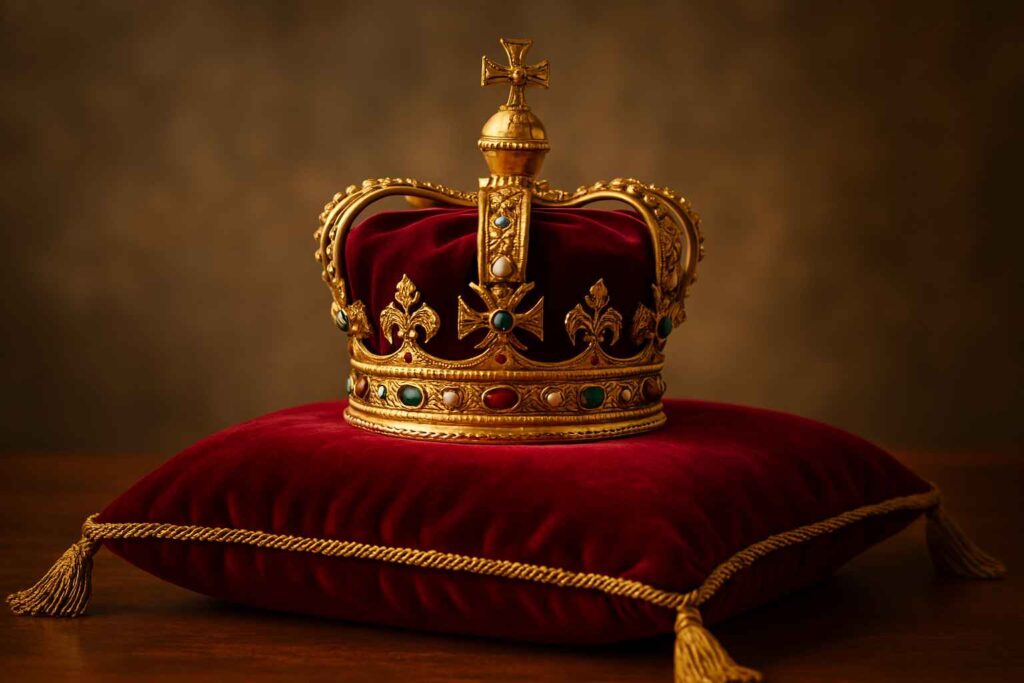
Few institutions in the world are as iconic, scrutinized, celebrated, and steeped in tradition as the British Royal Family. From medieval monarchs wielding swords to modern royals wielding influence on Instagram, the UK Royal Family has been a cornerstone of British identity for over a thousand years.
Whether you’re a curious traveler, a die-hard royal watcher, or just someone wondering why do people care so much about tiaras?—this blog will guide you through the rich history and continuing relevance of the House of Windsor and beyond.
🏰 A Royal Timeline: From Crowns to Commonwealth
The roots of the British monarchy date back to Alfred the Great in the 9th century, but it wasn’t until 1066, with William the Conqueror, that the monarchy began to take the form we recognize today.
Over centuries, dynasties rose and fell:
- Plantagenets brought strength and conflict (hello, Hundred Years’ War).
- Tudors brought drama (and a certain Henry VIII with six wives).
- Stuarts gave us civil wars and revolutions.
- Hanoverians transitioned the monarchy into a constitutional one.
In 1917, during WWI, King George V changed the family’s name from the German-sounding House of Saxe-Coburg and Gotha to the thoroughly British House of Windsor, and that’s the royal surname you know today.
👑 The Royals Today: What Do They Actually Do?
Let’s clear this up: the UK monarchy is constitutional, meaning the monarch reigns, but does not rule. Real political power lies with Parliament.
So why keep the royals?
Because they:
- Represent national unity and continuity
- Promote British diplomacy worldwide
- Support hundreds of charities and initiatives
- Provide ceremonial leadership (like the State Opening of Parliament)
- Are living symbols of history and tradition
Think of them as highly-trained, very polite national mascots—with actual influence.
🇬🇧 The Windsors in Modern Times
Today, under King Charles III, the royal family is entering a new era. With the passing of Queen Elizabeth II, the longest-reigning monarch in British history, the monarchy faced both reflection and reinvention.
Modern royals like Prince William and Catherine represent a more relatable, socially conscious branch of the family, focusing on issues like mental health, climate change, and youth empowerment.
Meanwhile, Prince Harry and Meghan Markle’s decision to step back from royal duties and relocate to the US sparked global debates on tradition vs. modernity.
🫅 Relevance in the 21st Century
You might ask: in a world of presidents, prime ministers, and influencers, is a royal family still relevant?
Yes, and here’s why:
- Soft power: The Royal Family boosts British tourism and global diplomacy.
- Stability: In times of crisis, the monarchy often becomes a rallying point.
- Cultural identity: They’re woven into the British fabric—from currency to street names to national events like Trooping the Colour or Royal Weddings.
📺 Pop Culture, Public Fascination & Global Spotlight
Let’s be honest—part of the Royal Family’s relevance is pure pop culture gold.
Netflix’s The Crown, royal weddings with global audiences, fashion analysis, tabloids, and even memes all keep the royals in the public eye.
Whether admired, criticized, or memed to oblivion, they remain one of the most talked-about families on Earth.
🌍 The Global Monarchy
The British monarch is also the Head of State in several Commonwealth countries like Canada, Australia, and New Zealand. Though symbolic, this connects millions around the globe to the same royal institution.
🏁 Final Thoughts
The British Royal Family is not just a living legacy—it’s an evolving institution. With deep historical roots and a surprisingly flexible modern image, they continue to represent tradition, unity, and a bridge between the past and future.
Love them, loathe them, or just enjoy the pageantry, there’s no denying: The British Royals are here to stay.
#BritishRoyalFamily #HouseOfWindsor #KingCharlesIII #QueenElizabethII #RoyalHistory #UKMonarchy #RoyalLegacy #ModernRoyals #RoyalFamilyTree #CrownAndCommonwealth #RoyalWatchers #BritishCulture #TheCrown #RoyalTradition #PrinceWilliam #KateMiddleton #PrinceHarry #MeghanMarkle #RoyalCharityWork #UKHistory #BuckinghamPalace #RoyalLineage #BritishIdentity #RoyalWeddings #ChangingMonarchy #RoyalFacts #ConstitutionalMonarchy #CommonwealthNations #HistoryAndHeritage #RoyalInfluence